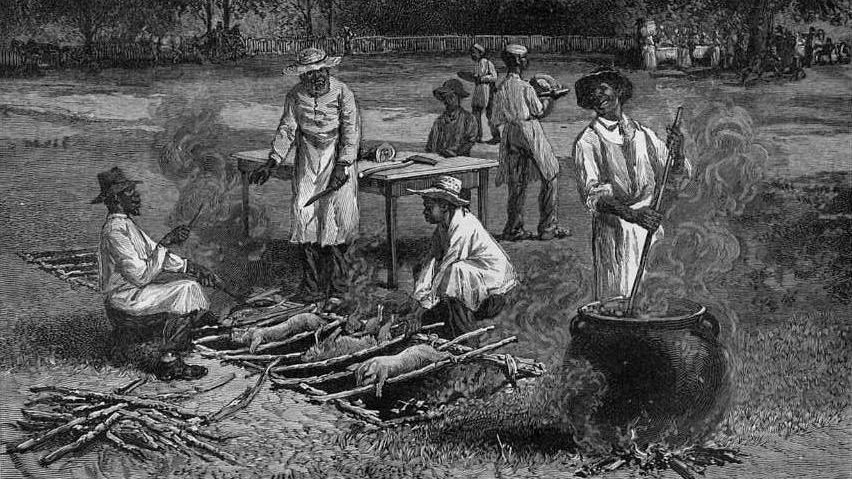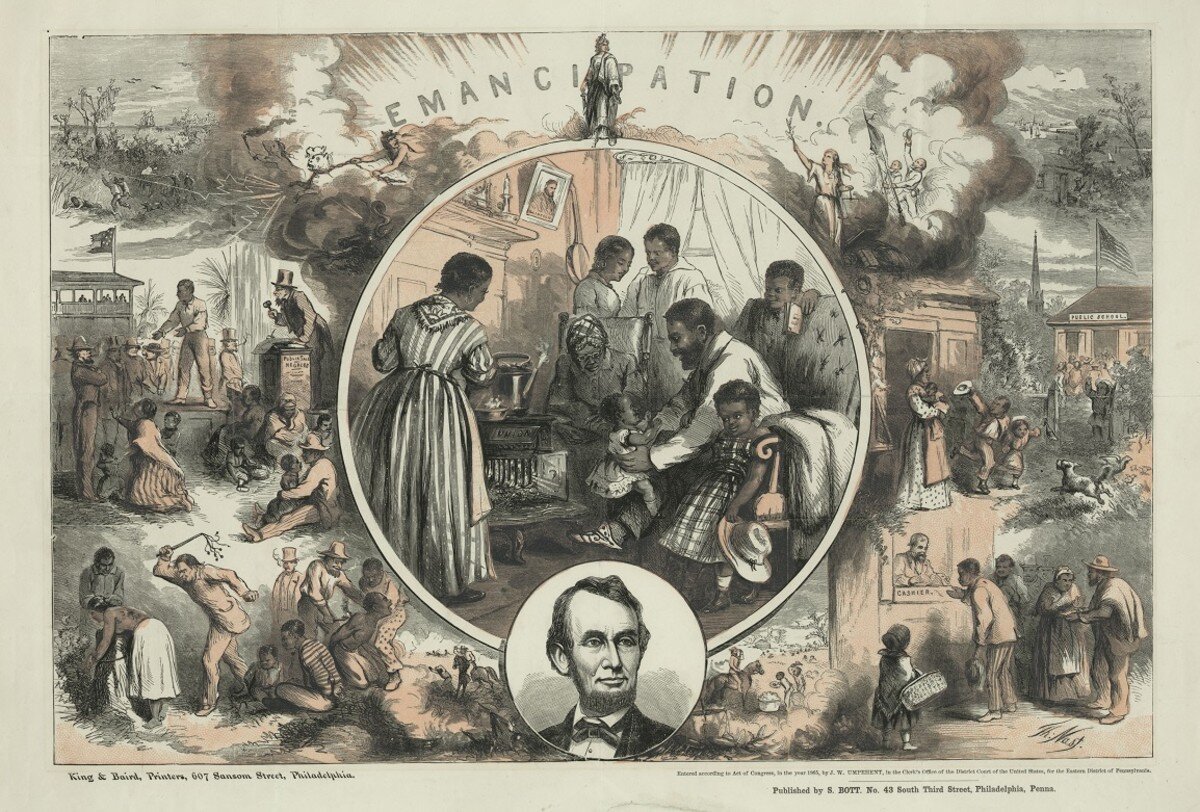Editor's Note: Earlier this week, we published an explanatory study of the figures behind 10 U.S. military bases named after Confederate generals. We then turned the question to our readers, asking on Facebook whether they thought--as a growing number of people around the country do--that the bases should be renamed. After receiving an outpouring of reactions both for and against the renaming, we thought we'd share some of the most insightful comments with the rest of our audience. Read on for a selection of those responses.
Should’ve ended a long time ago
"I've been saying that should’ve been changed decades ago. “The Lost Cause” fiction of a South which bears little to the facts- it must end, and it should’ve ended a long time ago. The flag and those who willingly fought under it were traitors to the Union. The symbols, statues and paraphernalia related to it belongs in museums."
--Steven Tamberino, New York, NY
No evidence that the Confederacy wanted to destroy the nation



